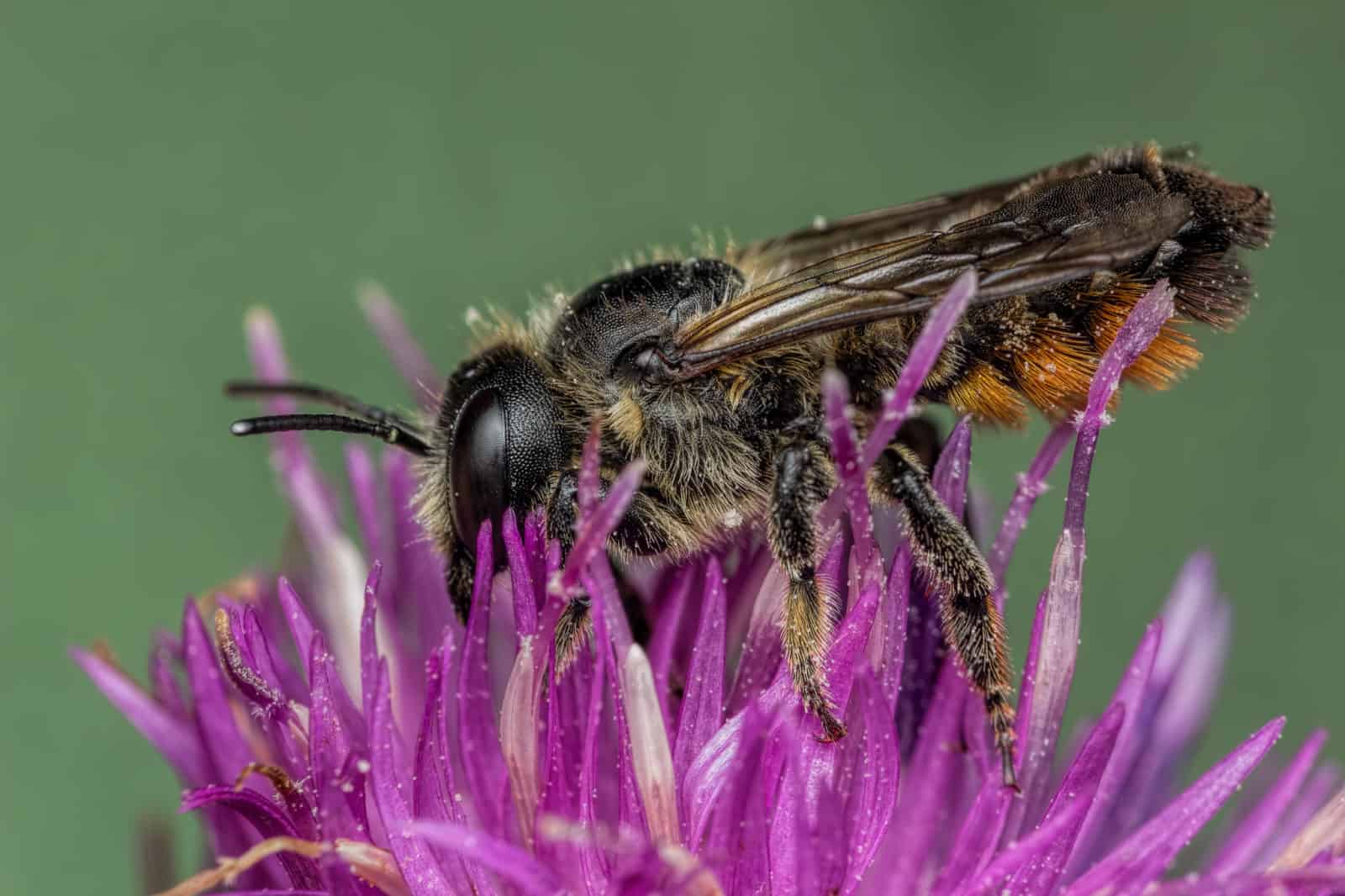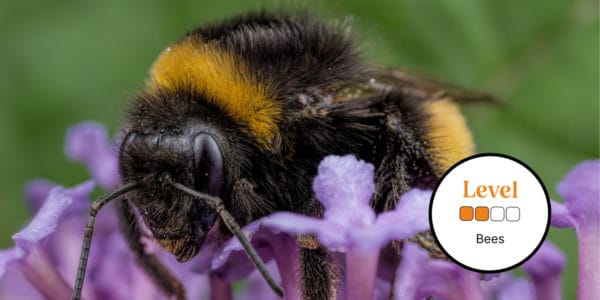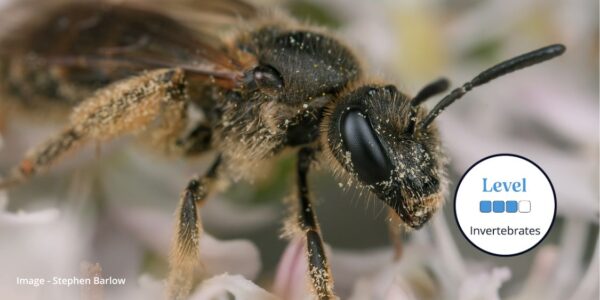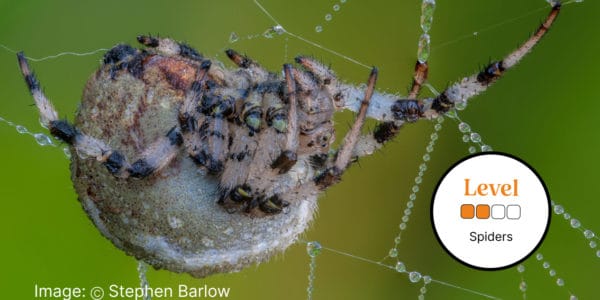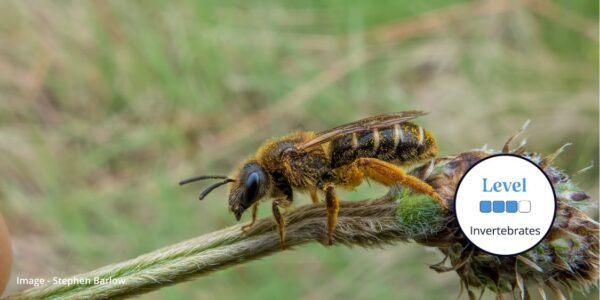This course on identifying insects using specimens and microscopes focuses on how to find and sample insects, how to prepare and curate specimens for identification purposes, and how to approach identification of your chosen species group.
The main objective of this course is to equip you with the necessary skills to carry out reliable and verifiable identifications, through the correct presentation of specimens and the use of keys and other entomological identification resources. You will be expected to select a suitable taxonomic group to specialise in, by building up your own reference collection of specimens!
The course will provide you with an understanding of insect diversity, skills in collecting, preparing and curating voucher specimens, and how to accurately identify insect groups to species level. You will also be introduced to the issues associated with recording hard to identify species, and how this can be improved. Your fieldwork will take you out into the rich range of habitat within and surrounding the Preston Montford Centre nestled in the heart of Shropshire, where your course will take place.
Tutor: Martin Harvey
Martin Harvey is an entomologist and biological recorder. He is based at the UKCEH Biological Records Centre, working on projects such as PoMS and iRecord. Martin is also a tutor for the Field Studies Council and teaches various courses that focus on invertebrates and biological recording, including the Identifying Insects Using Specimens and Microscopes course delivered as part of the MSc Biological Recording & Ecological Monitoring with Manchester Metropolitan University. In his spare time, Martin has been County Moth Recorder for Berkshire for over 20 years and runs the national recording scheme for soldierflies and allies, which includes robberflies, horseflies, bee-flies and snipeflies among others. .
What's Included
Sorry this course booking is closed

